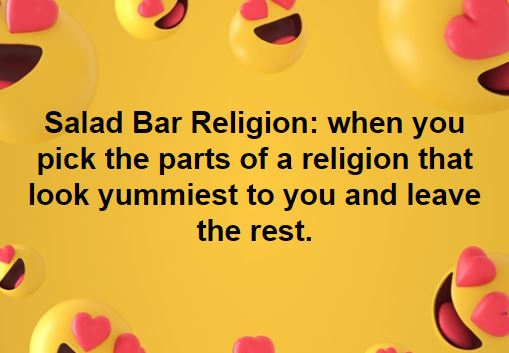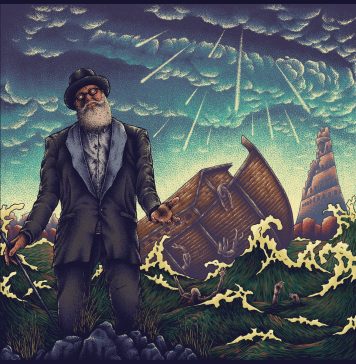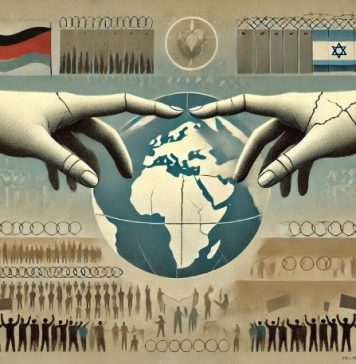I was contemplating the talking points I was fed as a child, around both nationalism and religion, and I believe the key feature of these narratives was oversimplification.
The most salient example of these was the grouping of all Arabs and all Jews into two homogeneous masses. There was no Palestinians, Jordanians, or Egyptians. It was “the Arabs” who declared war in 1948 and it was “the Arabs” who had lost in 1967. Therefore, if they lost the war, the land was now ours. It never really was completely clear to me at that age who the specific “Arabs” that lived around the corner from my house were. Did they used to be Jordanians? It didn’t quite seem right, but I didn’t know enough to ask questions.
Similarly, all Jews were “Jews”. It didn’t matter that European and Middle Eastern Jews are extremely different culturally – one could even argue that Middle Eastern Jews are closer to Arabs culturally than they are to their European Jewish counterparts. It didn’t matter that Zionism was founded by elitist European Jews who treated their Middle Eastern counterparts like shit for decades. This was the Jewish homeland and we were all one big happy family.
Arabs were inherently bad, I was taught. They had the souls of donkeys, as the Talmud says (Kidushin 68 and Nidda 17a) about Ishmael: “sit here, with the donkey”. They were shit disturbers to their core, as the bible says (Genesis 16:12): “and he shall be a wild man, his hand in all, and everyone’s hand in his; and he shall be everywhere”.
Jews were inherently good. We had gentle souls. We hated violence. Did I not know Golda Meir’s quote, “We cannot forgive them for forcing us to kill their children”? When a Palestinian teenager was kidnapped and burned to death by two Israeli Jews, my mother’s first response was denial: “Jews don’t do that”; they were being framed. When the evidence became overwhelming she shifted tactics: the perpetrators were mentally unwell. They were outliers, bad apples. And thus the mental model remained intact.
You see this in religion as well, good and bad. Heaven and Hell. It’s all very black and white, you can’t exactly spend five months in one place and seven in the other. No, if you have 51% sins, the Rabbis teach, you end up in hell full-time (for 12 months, whatever that means in a place that transcends time).
A Developmental Milestone
I think we all have a tendency to prefer simplification. The world is complicated enough, and to have nuance is to bear the burden of a lot more emotional conflict – good people who do bad things, positive intentions that lead to disastrous outcomes, idealism that is cynically exploited.
As children we start out simple – think fairy-tales with satisfyingly bad villains and happy outcomes. Encountering life’s complexities is something that is supposed to be impressed upon us gradually, something we grow into; but many people get stuck at a pediatric level of discernment, often because they lack the emotional tools to process the enormities of existence.
When is the last time you changed a deeply held belief? Surely you haven’t been perfectly aligned with reality for the last several decades of your life, perfectly calibrated by your society, knowledge, and circumstances to be tuned in to Absolute Truth. Can you hold two difficult realities in your head at once, before running to the safety of a foregone conclusion?
Developing nuance is a skill, one that requires emotional maturity, the ability to sit with difficult emotions, and to question deeply held beliefs.
You owe it to yourself, and you owe it to the world around you, to acknowledge the complexity of reality. Without this, you run the risk of becoming a villain yourself, and of creating a hell for somebody else.













